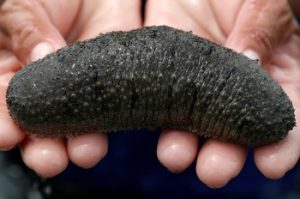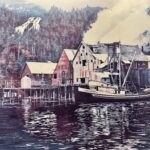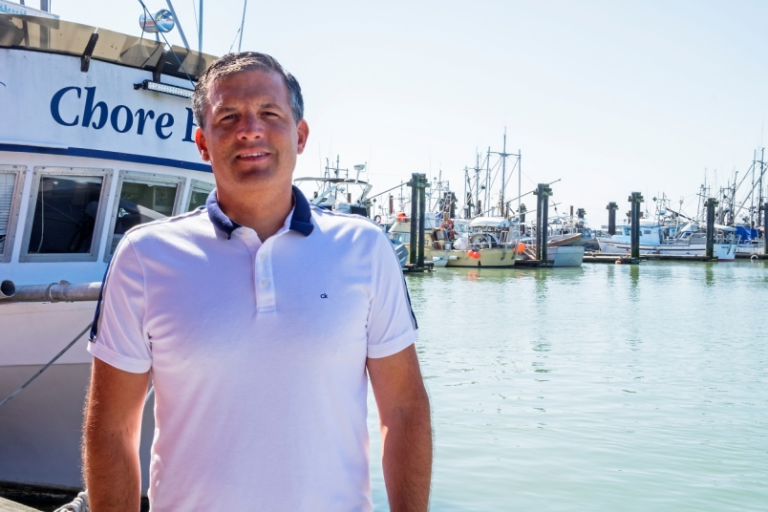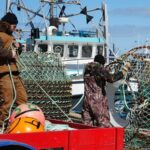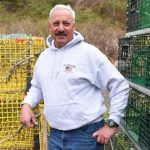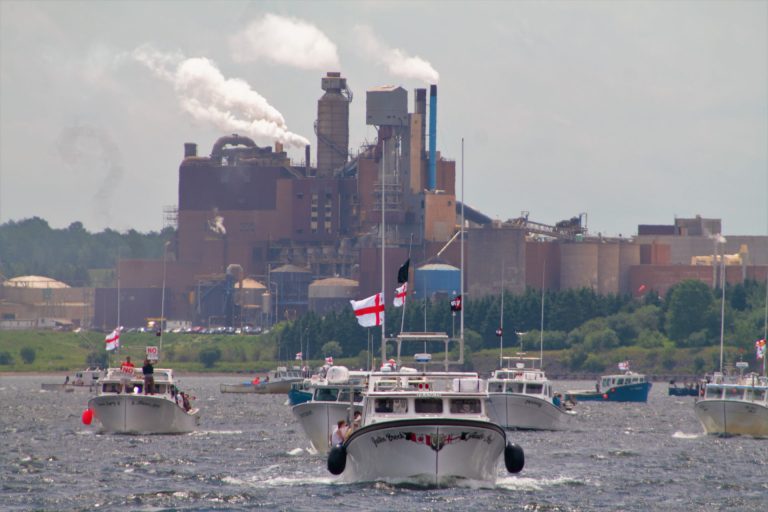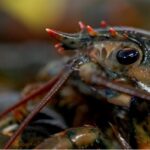Tag Archives: Indigenous fishing rights
First Nations advocates resolve to put traditional fishing rights under international spotlight
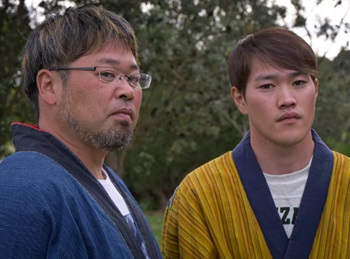 First Nations delegates from Japan, Taiwan, Canada, Alaska, and Australia have met on the lands of Walbunga Yuin people on the NSW far south coast for the International Indigenous Fishing Symposium. Indigenous fishing rights activists in NSW are working with First Nations groups around the world to put a global spotlight on the battle to protect traditional fishing rights and cultural practices. The groups plan to work together to lobby the United Nations. more, >>CLICK TO READ<< 07:56
First Nations delegates from Japan, Taiwan, Canada, Alaska, and Australia have met on the lands of Walbunga Yuin people on the NSW far south coast for the International Indigenous Fishing Symposium. Indigenous fishing rights activists in NSW are working with First Nations groups around the world to put a global spotlight on the battle to protect traditional fishing rights and cultural practices. The groups plan to work together to lobby the United Nations. more, >>CLICK TO READ<< 07:56
‘Anarchy will reign’ if Indigenous fishing rights in Maritimes aren’t settled, says former DFO official
 A former senior Fisheries and Oceans (DFO) official says clarity on Indigenous fishing rights in the Maritimes is needed from the department and the courts or “anarchy will reign.” “The frustrations can be mitigated by clearly communicating the rules, having an orderly and regulated fishery, and then providing an adequate monitoring and compliance presence to effectively implement the rules. While that sounds simple, it is not. And while patience is required, action is also required before the situation explodes or stocks are harmed,” Morley Knight told the parliamentary standing committee on Fisheries and Oceans in Ottawa on Monday. The committee is examining illegal, unregulated and unreported fishing. more, >>click to read<< 08:34
A former senior Fisheries and Oceans (DFO) official says clarity on Indigenous fishing rights in the Maritimes is needed from the department and the courts or “anarchy will reign.” “The frustrations can be mitigated by clearly communicating the rules, having an orderly and regulated fishery, and then providing an adequate monitoring and compliance presence to effectively implement the rules. While that sounds simple, it is not. And while patience is required, action is also required before the situation explodes or stocks are harmed,” Morley Knight told the parliamentary standing committee on Fisheries and Oceans in Ottawa on Monday. The committee is examining illegal, unregulated and unreported fishing. more, >>click to read<< 08:34
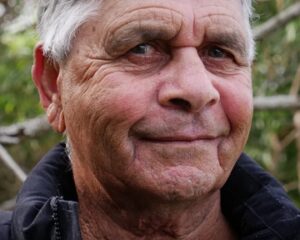
Forty years since Narooma lobster case that could have transformed Indigenous fishing rights in NSW
Norm Patten’s eyes light up when he talks about lobster season. “When you see that yellow wattle come out mate, you know the lobsters are travelling up the coast,” Mr Patten said. The eastern rock lobster can be found along the continental shelf off Australia’s south-eastern coast. Mr Patten’s mum was a Monaro-Gunai woman and he grew up in Victoria’s East Gippsland region and in Narooma on the NSW far south coast. He and his siblings were taught by their stepfather how to spot lobsters’ horns poking out of the seaweed at low tide. By the time Mr Patten was an adult, a commercial rock lobster industry was established on the far south coast and strict catch limits were introduced for recreational fishers. >>click to read<< 07:54

Fisheries report brings hope to Indigenous communities, sparks anger in industry
“I was pleasantly surprised, to be honest,” said Rosalie Francis, a member of the Sipekne’katik First Nation in Nova Scotia. But elsewhere in the province, the surprise has been significantly less pleasant. There are concerns the report titled “Peace on the Water” is instead stoking anger in communities where lobster is a livelihood. Representatives of the commercial fishing industry say they’re frustrated they weren’t invited to speak to the Senate as it drafted the report on Indigenous rights. It’s “throwing fuel on a fire” in an area where tensions have remained high since 2020, said Colin Sproul, president of the Unified Fisheries Conservation Alliance, which has about 1,900 members. >click to read< 12:09

Restorative justice to be used in resolving charges in ransacking Nova Scotia lobster pound
Restorative justice is being used to help resolve a case involving 25 people accused of ransacking a Nova Scotia lobster pound at the centre of a dispute over Indigenous fishing rights. The Pubnico pound was storing lobster caught by members of the Sipekne’katik First Nation, which angered commercial fishers because the harvest was conducted outside the federally regulated season. Reached for his reaction to Friday’s development, Sipekne’katik Chief Mike Sack expressed surprise and called the referral to restorative justice a “cop out” and a way for the accused to avoid consequences. Video, >click to read< 07:38
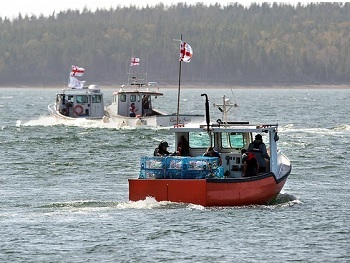
Expect more clashes like the Nova Scotia lobster dispute as Canadians’ rights collide
The ongoing dispute between a Mi’kmaq community and non-Indigenous lobster fishers in Nova Scotia seems like a throwback to a darker and more racist time. We were supposed to have come a long way since that time. So it might seem like this fishery dispute is a throwback, a sign of how far we still have to go in order to truly end racism towards Indigenous peoples and protect their rights in Canada. But unfortunately this dispute isn’t a throwback; it’s probably a look-ahead. This is because the Canadian approach to equality and Indigenous rights, an approach that is baked into our difficult-to-change Constitution and which has been taken up with gusto by the Supreme Court, is based on two opposing views of rights. >click to read< 09:45

Yelling, cursing, but no physical confrontation – Lobster dispute between Indigenous and commercial fishers boils over again
Another contentious chapter in a very long dispute over Indigenous fishing rights and federal laws on conservation has begun. Thursday saw a handful of Indigenous lobster boats head out of southwestern Nova Scotia to lay traps using ‘licences’ handed out by a local Mi’kmaw chief and not from the federal Fisheries and Oceans Canada department (DFO). Commercial lobstermen in the area staged protests this week saying the Mi’kmaw are fishing out of season and illegally. The fishery is closed as it’s molting season when lobsters renew their shells, and mating season. They say the law closing the fishery for several months is necessary for conservation purposes and fishing at this time is not sustainable. >click to read< 10:11


































